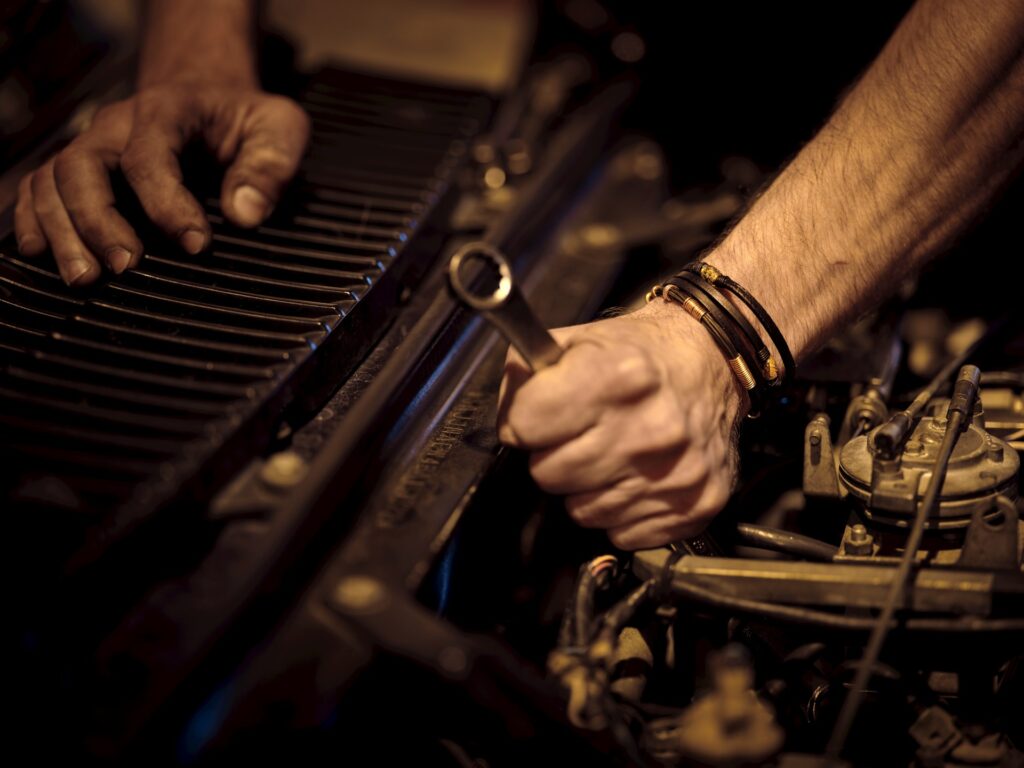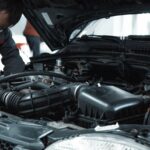
Keeping a vehicle in good condition for the long term requires consistent care and attention. Regular maintenance, such as checking fluids, tire pressure, and brakes, can prevent minor issues from escalating into costly problems. Simple habits, like avoiding aggressive driving and keeping the car clean, also contribute to overall longevity. Understanding your vehicle’s specific needs and adhering to the manufacturer’s recommended service schedule can help ensure it remains reliable and safe over time.
Routine inspections and timely auto repairs are essential for extending a car’s lifespan. Addressing mechanical or electrical issues early prevents them from worsening and keeps the vehicle running efficiently. By combining preventative maintenance with necessary repairs, drivers can enjoy a safer, more dependable ride while maximizing the long-term value of their vehicle.
Regular Maintenance
Following your manufacturer’s recommended maintenance schedule is the foundation of long-term vehicle reliability. This means adhering to intervals for oil changes, brake inspections, spark plug replacements, filter swaps, and timing belt checks. Skipping these basic tasks can lead to early wear and unexpected failures. Oil changes, in particular, play a huge role—change your oil every 5,000 to 7,500 miles or as recommended for your vehicle’s make and model. Ensuring other scheduled checks, such as inspecting the suspension and alignment, helps maintain smooth handling and ride comfort. Working with a reliable vehicle mechanic can make it easier to stay on top of these tasks, providing expert guidance and ensuring each maintenance step is performed correctly for optimal vehicle longevity.
Fluid Checks
Fluids act as the lifeblood for essential systems in your car. Engine oil, brake fluid, coolant, transmission fluid, and power steering fluid all perform critical roles in engine lubrication, cooling, and hydraulic function. Checking fluid levels regularly and looking for leaks helps avoid overheating, inadequate lubrication, and hydraulic failure. When fluids become low or dirty, replace or top them off according to your owner’s manual. This basic prevention saves thousands in repairs and keeps major systems operating efficiently.
Tire Care
Proper tire maintenance is crucial for ensuring safety, optimal handling, and improved fuel efficiency. Periodically check your tire pressure and keep it within the range recommended by your car’s manufacturer. Improper inflation leads to uneven wear, compromised grip, and reduced fuel economy. Scheduling tire rotations every 6,000 to 8,000 miles will also ensure even tread wear, thereby maximizing the overall lifespan of the tires. Don’t forget to check alignment and balance—misaligned wheels can wear out steering and suspension components faster and present safety hazards.
Safe Driving Habits
How you handle your car has a direct impact on its long-term health. Aggressive driving—such as hard acceleration, sudden braking, and rapid lane changes—stresses the engine, transmission, and brakes, causing premature wear. Adopting smoother acceleration, maintaining steady speeds, and anticipating stops not only saves fuel but also lessens the workload on your car’s moving parts. Defensive driving isn’t just safer; it supports the mechanical longevity of your vehicle’s critical systems.
Cleaning and Protection
Regular exterior washes, undercarriage cleaning (especially in winter), and periodic waxing are essential for protecting your vehicle’s paint and body from rust, corrosion, and harsh weather conditions. Protecting the paintwork with a good wax shields against sun damage and road salts, preserving both the look and structure of your car’s exterior. On the inside, vacuuming carpets, wiping surfaces, and conditioning the seats prevent odor buildup and maintain your car’s resale value. Protective mats and seat covers guard against dirt and wear, while window treatments can prevent UV-driven fading of the interior.
Addressing Issues Promptly
Stay attentive to warning lights, changes in your vehicle’s handling, or new sounds emanating from the engine or brakes. Even small issues can signal larger problems underneath. The earlier you act, the less likely you are to face a costly breakdown or safety issue. Scheduling regular checkups ensures professional eyes catch issues before they escalate. Consistent service records also help when you decide to resell—buyers value vehicles with documented histories of prompt care.
Battery Maintenance
Batteries can be host to corrosion and lose effectiveness over time. Clean battery terminals regularly with a mixture of baking soda and water, and check that connections are tight. If your car struggles to start or if you notice dimming dashboard lights, have it tested. Replace battery units before they reach the end of their expected lifespan to avoid being stranded. Extreme weather—either hot or cold—can exacerbate battery issues, making this check even more crucial for year-round reliability.
Ensuring Long-Term Vehicle Reliability
Maintaining a car’s performance and safety over time requires regular care, including routine maintenance, fluid checks, proper tire care, safe driving practices, regular cleaning, and prompt attention to any issues. Proactively managing battery health and working with a reliable mechanic ensures smooth operation, saves costs, and extends vehicle life. These practices protect your investment, boost safety, efficiency, and dependability.






